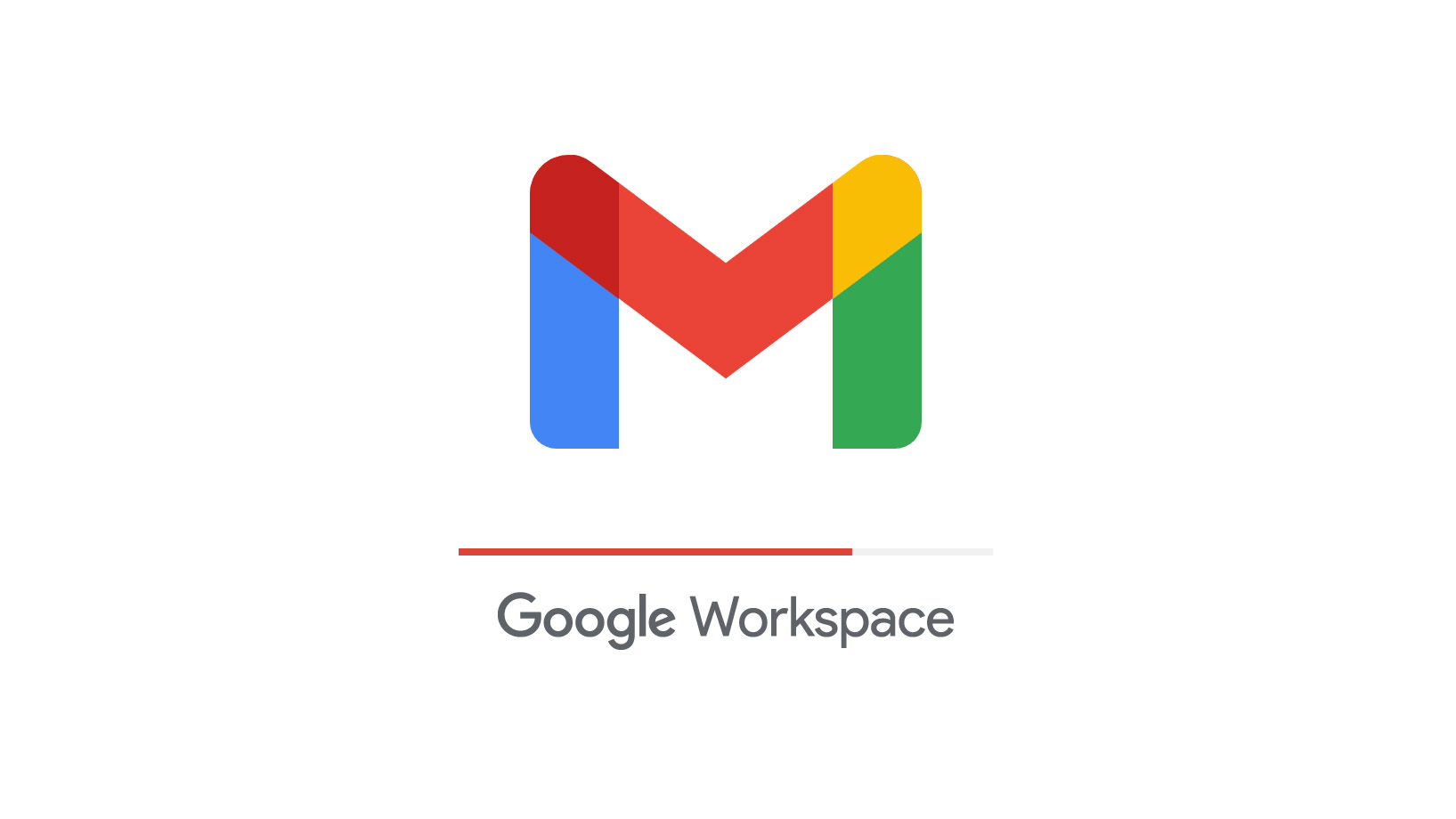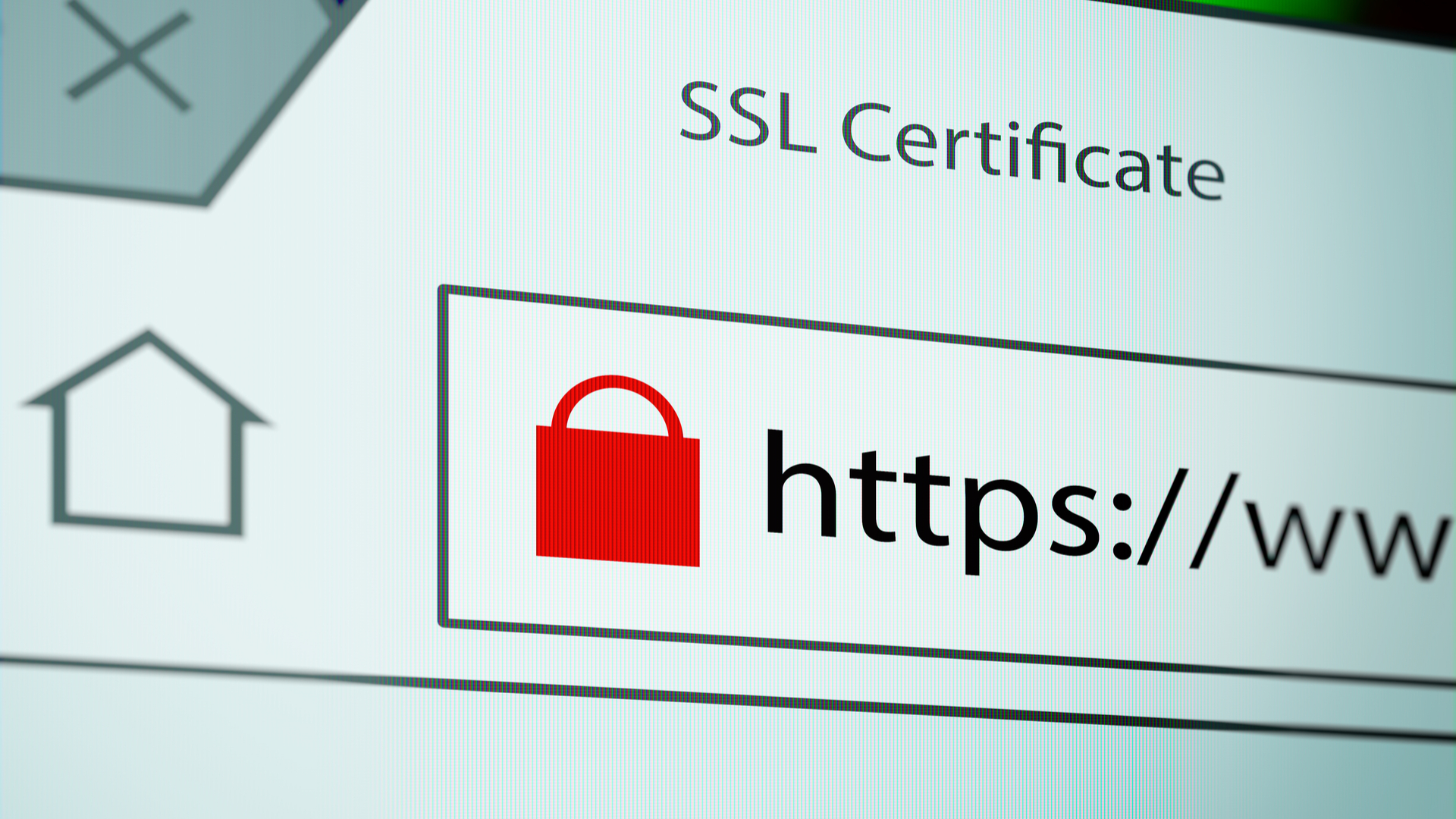Has ComodoHacker signalled the end of the CA system?
The CA system has come under fire after ComodoHacker causes carnage, but what is the alternative?


ANALYSIS A certain pesky web denizen known as ComodoHacker has been causing a commotion recently.
Last week, he/she claimed a hack on Certificate Authority (CA) DigiNotar, resulting in over 500 fake website certificates being issued for big-time services including Gmail and an MI6 website.
Then Belgian CA GlobalSign stopped issuing authentication certificates after ComodoHacker claimed to have gained access to its servers. They also claimed to have broken into three other certificate authorities outside of GlobalSign and DigiNotar.
The hacker has also threatened to use the fraudulent certificates to carry out man in the middle attacks on organisations in Europe, Israel and the US.
I don't know if this is fixable at all, short of worldwide social changes.
Earlier in the year, another CA known as Comodo was hacked. Can you guess where ComodoHacker got their name?
Outside of the significant cyber war implications, with some saying the DigiNotar hack will have wider connotations than Stuxnet, ComodoHacker has again thrown the whole CA system's credibility into doubt.
Get the ITPro daily newsletter
Sign up today and you will receive a free copy of our Future Focus 2025 report - the leading guidance on AI, cybersecurity and other IT challenges as per 700+ senior executives
Time for a change
There's little doubt something needs to change. It no longer seems sensible to carry on placing all our trust in over 650 CAs, with whom the end user never has any direct contact. They are an invisible force and, in some cases, a weak one. Given their whole business is based on trust, the CAs themselves will be feeling more than tetchy about the current situation.
There are many pertinent questions that need to be asked about the security of the CA system.
"How many of them do you know, let alone trust? Should you trust a state-owned CA more than a commercial concern, or should you trust in market forces and vested interests to override political expediency? Where is the global authority with the mandate and the impartiality to authenticate all those CAs? Who would authenticate the authenticators?" said David Harley, senior research fellow at ESET.
"The problems aren't so much with the technicalities of SSL, as with the difficulties of implementing a system that assumes trust in the provider without a realistic mechanism for determining where you can safely invest that trust."
Harley wasn't sure if the system could be fixed at all. We may be stuck with a flawed framework forever.
"I don't know if this is fixable at all, short of worldwide social changes on the scale of an accelerated continental drift (but in reverse). We've arbitrarily decided to invest trust in CAs, and the opportunities for withdrawing that trust (at any rate without the cooperation of the CAs) are severely restricted (i.e. to take it or leave it)," he told IT Pro.
Tom Brewster is currently an associate editor at Forbes and an award-winning journalist who covers cyber security, surveillance, and privacy. Starting his career at ITPro as a staff writer and working up to a senior staff writer role, Tom has been covering the tech industry for more than ten years and is considered one of the leading journalists in his specialism.
He is a proud alum of the University of Sheffield where he secured an undergraduate degree in English Literature before undertaking a certification from General Assembly in web development.
-
 Bigger salaries, more burnout: Is the CISO role in crisis?
Bigger salaries, more burnout: Is the CISO role in crisis?In-depth CISOs are more stressed than ever before – but why is this and what can be done?
By Kate O'Flaherty Published
-
 Cheap cyber crime kits can be bought on the dark web for less than $25
Cheap cyber crime kits can be bought on the dark web for less than $25News Research from NordVPN shows phishing kits are now widely available on the dark web and via messaging apps like Telegram, and are often selling for less than $25.
By Emma Woollacott Published
-
 Google Workspace is getting a Gemini makeover – but prices are going to increase
Google Workspace is getting a Gemini makeover – but prices are going to increaseNews The new pricing structure may help Google boost competition with Microsoft
By George Fitzmaurice Published
-
 Google confirms Gmail is “here to stay” amid speculation over plans to scrap the email service
Google confirms Gmail is “here to stay” amid speculation over plans to scrap the email serviceNews Claims that Google plans to sunset Gmail were a hoax, so there's no need to panic
By Ross Kelly Published
-
 Google Workspace Review: A simple aesthetic with productivity in mind
Google Workspace Review: A simple aesthetic with productivity in mindReviews From free to enterprise, Google’s ever-popular productivity suite has a range of tiers and functions for all sizes of business
By Ross Kelly Last updated
-
 Microsoft Exchange admin portal taken offline due to expired certificate
Microsoft Exchange admin portal taken offline due to expired certificateNews This isn't the first time an expired SSL/TLS cert has downed a service
By Danny Bradbury Published
-
 CloudHQ fully integrates Gmail with Google Sheets
CloudHQ fully integrates Gmail with Google SheetsNews Users can bulk export email text to Google Sheets, Excel, or CSV files
By Praharsha Anand Published
-
 Gmail for G Suite becomes a hub for corporate communications
Gmail for G Suite becomes a hub for corporate communicationsNews Everything you need is now on one page, but it may get overwhelming
By Justin Cupler Published
-
 How to share your Google Calendar
How to share your Google CalendarTutorials Follow these easy steps to share your Google Calendar with family, friends or team members
By Sarah Brennan Last updated
-
 Gmail introduces new features to makes personalizing your inbox easier
Gmail introduces new features to makes personalizing your inbox easierNews G Suite customers will see the Quick Setting feature starting June 2020
By Susan Johnson Published